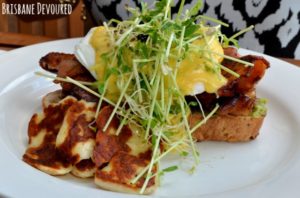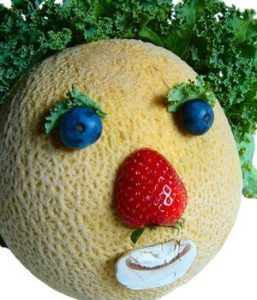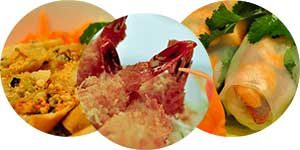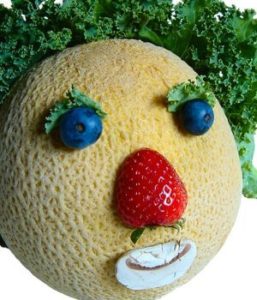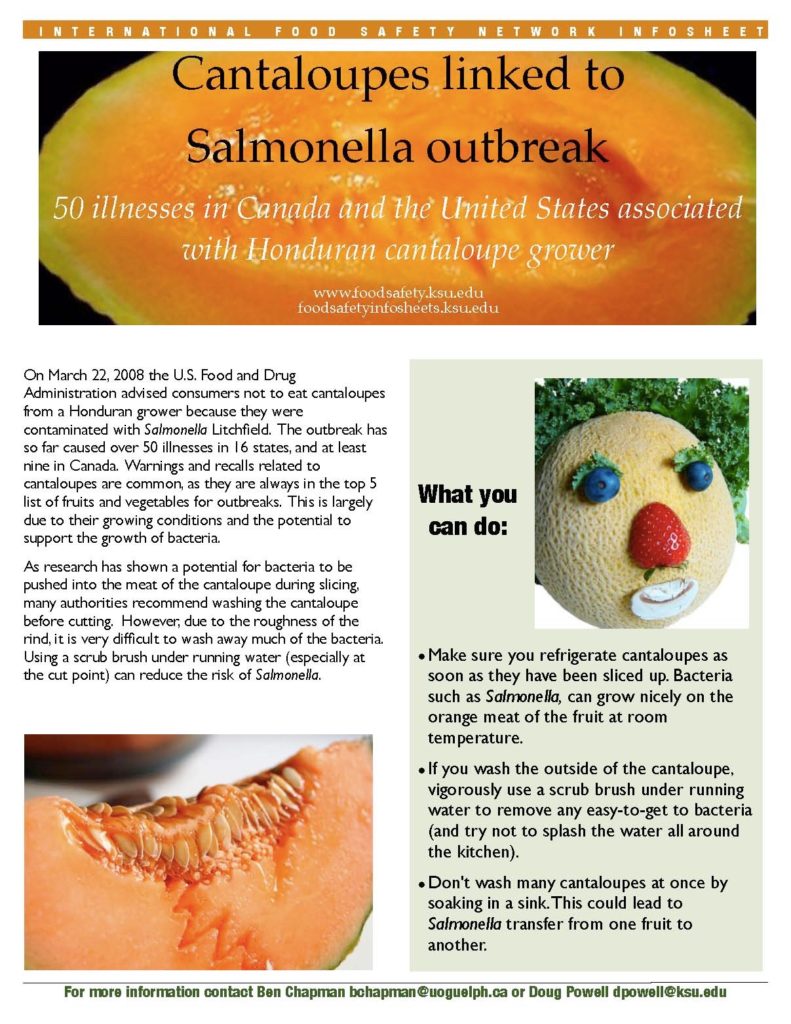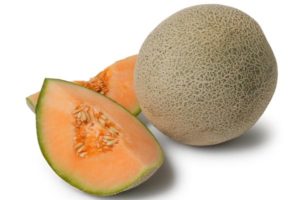The paper in Adelaide wrote an opinion piece last week about how consumers basically make faith-based decisions when it comes to food safety.
I recycled an old op-ed in response, and still wondering why the same issues haven’t gained traction after 20 years of publicity in Australia.
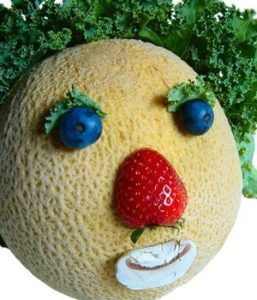 The Advertiser editorial thingies wrote that irony can be really ironic, given that the government department charged with upholding and maintaining food standards in SA treats the public like mushrooms.
The Advertiser editorial thingies wrote that irony can be really ironic, given that the government department charged with upholding and maintaining food standards in SA treats the public like mushrooms.
By keeping the public in the dark by refusing to release the names of the 621 food outlets in breach of hygiene rules last year, SA Health is denying consumers the right to make an informed choice.
While it is good enough for the NSW State Government to identify offending premises, those who water their gardens with human effluent, sell out of date food and have cockroach-infested kitchens in SA apparently deserve anonymity.
There is more than a whiff of double standards surrounding the secrecy of the data held by SA Health.
On one hand (who writes this crap?), the public is not allowed to know which of their local fast food outlets is cutting food hygiene corners by selling six-day-old schnitzels, and on the other, it wasted no time last week issuing a warning about NT- grown rockmelons being the apparent source of a food poisoning outbreak in SA.
Surely the public is allowed to know the identity of a food retailer that has been found guilty of a major breach of food standards that could potentially have the same impact as eating the dodgy rockmelon.
For a food outlet to be warned several times about using effluent to water gardens simply beggars belief.
SA Health’s repeated warnings to the business owner were akin to being slapped with a wet lettuce leaf.
If such a practice can continue for such an extended period of time, the public can only wonder just what sort of heinous breach of food safety regulations a business must commit to be jumped on immediately.
My response was:
I coach little kids’ (ice) hockey in Brisbane.
For that voluntary pleasure, I had to complete 16 hours of certification training, in addition to the 40 hours of training I completed in Canada to coach a travel team.
To produce or serve food in Australia requires … nothing.
Restaurants and food service establishments are a significant source of the foodborne illness that strikes up to 20 per cent of citizens in so-called developed countries each and every year.
After helping develop and watching the mish-mash of federal, state and local approaches to restaurant inspection and disclosure in a number of western countries for the past 15 years, I can draw two broad conclusions:
- Anyone who serves, prepares or handles food, in a restaurant, nursing home, day care center, supermarket or local market needs some basic food safety training; and,
- the results of restaurant and other food service inspections must be made public.
There should be mandatory food handler training, for say, three hours, that could happen in school, on the job, whatever. But training is only a beginning. Just because you tell someone to wash the poop off their hands before they prepare salad for 100 people doesn’t mean it is going to happen; weekly outbreaks of hepatitis A confirm this. There are a number of additional carrots and sticks that can be used to create a culture that values microbiologically safe food and a work environment that rewards hygienic behavior. But mandating basic training is a start.
Next is to verify that training is being translated into safe food handling practices through inspection. And those inspection results should be publicly available.
A philosophy of transparency and openness underlies the efforts of many local health units across North America in seeking to make available the results of restaurant inspections. In the absence of regular media exposes, or a reality TV show where camera crews follow an inspector into a restaurant unannounced, how do consumers — diners — know which of their favorite restaurants are safe?
Cities, counties and states are using a blend of web sites, letter or numerical grades on doors, and providing disclosure upon request. In Denmark, smiley or sad faces are affixed to restaurant windows.
Publicly available grading systems rapidly communicate to diners the potential risk in dining at a particular establishment and restaurants given a lower grade may be more likely to comply with health regulations in the future to prevent lost business.
More importantly, such public displays of information help bolster overall awareness of food safety amongst staff and the public — people routinely talk about this stuff. The interested public can handle more, not less, information about food safety.
Even in New South Wales and Queensland, results are only posted voluntarily.
So if an outlet sucks at food safety, they don’t have to tell anyone.
Toronto, Los Angeles and New York have had mandatory disclosure, on the doors for years.
Adelaide can figure it out.
And instead of waiting for politicians to take the lead, the best restaurants, those with nothing to hide and everything to be proud of, will go ahead and make their inspection scores available — today.

